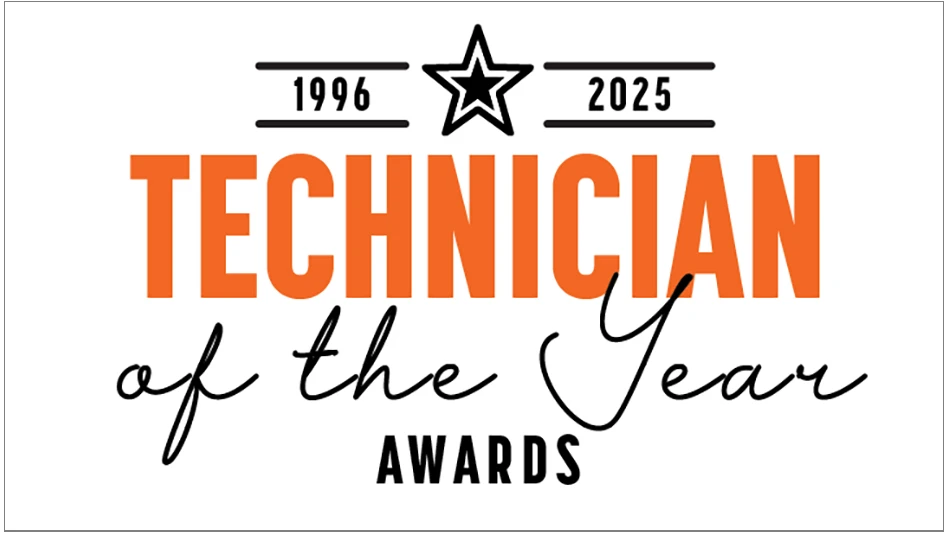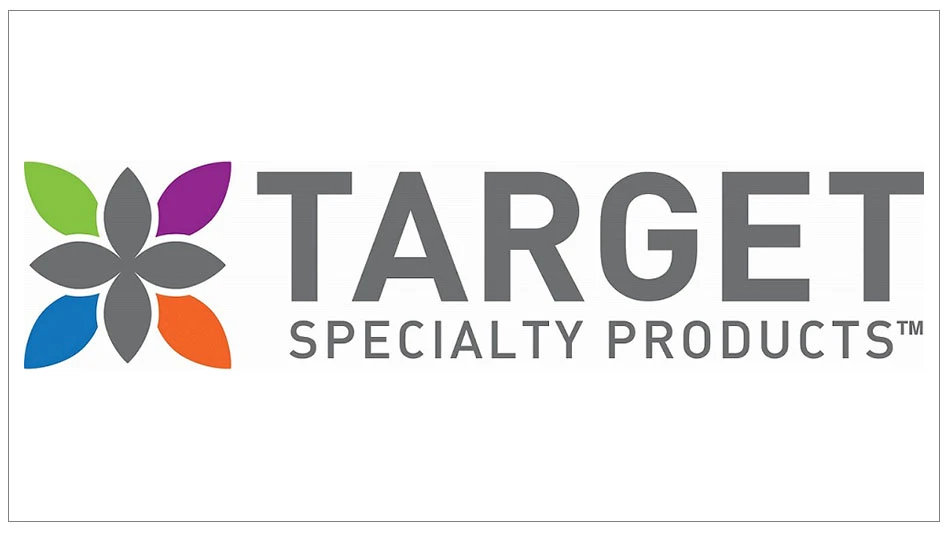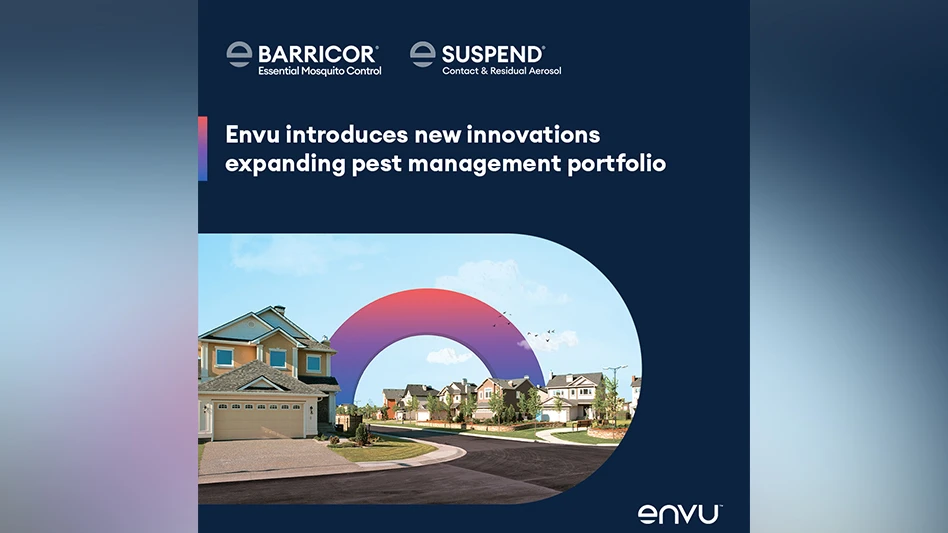Woody Allen once said 90 percent of life is showing up. I would add that for the successful PMP, not only is it showing up but also charging the customer for the time you are there.
What is so attractive about the pest management industry is its simplicity. Now, I’m not saying that running a pest control business is easy — it’s not. What I am saying is the business model used in pest control is simple and it is all about selling time. Lawyers charge by the hour, accountants charge by the hour, what about you the PMP? Consider these examples.
- The Chiropractor. You hurt your back. You go to a chiropractor. He puts you through an initial procedure which he charges you for, and has you come back on a weekly or monthly basis for maintenance.
- The Accountant. You hire a new accountant. He takes a look at your past tax returns, your books and records from the past which he charges you for, and has you come back on a monthly basis to complete your monthly accounting.
- The Landscaper. Spring is here. Your landscaper comes over, does a spring clean up of your property which he charges for, and then comes over weekly to cut the grass.
It’s pretty obvious how these examples parallel what we do. It’s all about selling time. The successful PMP understands that he/she must become competent at the skills needed to eliminate pests. In fact, the more we can standardize the procedures and add value for the customer, the greater return per hour.
AN INTANGIBLE. We also must remember that selling time is somewhat intangible. However, the results of what we do are tangible (i.e., eliminating pests). Customers can’t come to a store and look at, touch or feel what we do. This in itself creates some challenges and is unique to the service industry. To reduce intangibility, buyers look for signals of service quality. They need to be assured they are not making a mistake. Some companies deal with this by offering service guarantees. Response time may be one of these guarantees or money back if not satisfied with the service guarantees.
Technicians need to be skilled at pest management, obviously. But company owners must recognize that their firm is selling time (the time to effectively service the customer). Every action performed that makes more efficient use of time will provide larger profits. The most successful PMPs recognize the business as a service contract business. In doing so, the process becomes simple:
- Diagnose the problem. What will it take to provide immediate pest control results?
- Provide the solution in what many PMPs refer to as an "initial clean-out" or a "start." Get paid accordingly.
- Set the customer up on a recurring maintenance contract. Depending on the customer, this service can be weekly, semi monthly, monthly, quarterly or annually. The charge for this should be fair to the PMP as well as the customer.
- Do the same thing over and over until the successful PMP has built a route or several routes. Easier said than done but it can be done!
The successful pest management professional builds these routes in an efficient manner that allows him to perform the maximum amount of work in the least amount of time. After all, the amount of money that you charge a customer is usually predicated on the time that it takes to perform the service. As I referred to previously, essentially you are selling time. Time is a perishable commodity. Once it is gone it can’t be resold.
Consider a fruit stand. The owner can sell fresh fruit all day for a nice profit. Once that fruit becomes rotten, it can’t be sold and, in fact, it becomes garbage. The same is true with time. If your service technician is spending time doing anything other than servicing a customer, you can never have that time back and it can never be resold — it becomes rotten or unsellable.
Not only can’t you sell time in the past, but it has a cost. Even if a technician is paid on percentage of production — there is still a cost to unproductive time (i.e., the cost of the truck, the cost of idle equipment and the opportunity cost of not having him on the job).
If your routing is efficient you will be able to maximize the amount of time that you can sell. If it is not, you will always be asking yourself why you are making so little money.
Points (3) and (4) discussed previously are the keys to your success. This can be compared to a life insurance salesman setting up a book of renewable policies that pay him ever increasing commissions year after year.
MAKING A PROFIT. You are building a machine that spits out profit. The machine can become as large as you want, and produce whatever output you want. That "machine" is commonly referred to as your customer list. As this list builds, it must be treated in a prudent manner like any other asset used in business. Effective routing can be compared to adequately maintaining machinery so that maximum output can be achieved.
But you must remember this: Pest control is a needed service like telephone service or gas and electric service. The phone company and the electric company don’t make huge sums of money from most of us each month. They do make a small amount of money from each of us every month. The profits from the sum of all of their customers is what makes them millions of dollars.
There is one key difference between the PMP and the utility companies. The phone company and the electric company are monopolies and their customers must buy from them, no matter what the quality of service. This is the reason that when you schedule an appointment with the phone company they might tell you "sometime Tuesday," and that is as specific as they’ll get. That won’t fly with the PMP’s customer.
I wish I could tell you that you are on the ground floor of an infant industry. But you’re not and there is plenty of competition who will give more specific appointments and provide higher quality service than that of the phone company or electric company. The good news is there are plenty of people in the pest control industry that don’t understand the above principles, and if you apply these principles you will be successful as a PMP.
Your time is what you sell. If you offer quality time (i.e., competent service and flexible customer service, etc.), and you offer it at an acceptable return per hour, and you schedule it efficiently, you are sure to make a healthy profit, maximizing the value of your company and thereby building wealth.
The author is a CPA in New Jersey and owns an accounting firm that caters to PCOs throughout the United States. Visit www.pcobookkeepers.com for information about Gordon’s firm, PCO Bookkeepers. He can be reached via e-mail at dgordon@giemedia.com.

Explore the November 2010 Issue
Check out more from this issue and find your next story to read.
Latest from Pest Control Technology
- How to Get Rid of Odorous House Ants
- Massey Services Promotes Herndon to Director of Sales for Multi-Family Division
- NPMA Announces First Recipients of NPMA PRO Certified Credential
- Pestmaster of the Hudson Valley Acquires Catskill Animal Damage Control
- Photo Slideshow: Ant Identification Tips
- Video: Top 10 PCT Photo Contest Finalists
- UF/IFAS Study Reveals Boats as Perfect Vessels for Global Termite Spread
- Pest Control Consultants (Iowa) Earns Pinnacle Performance Award






